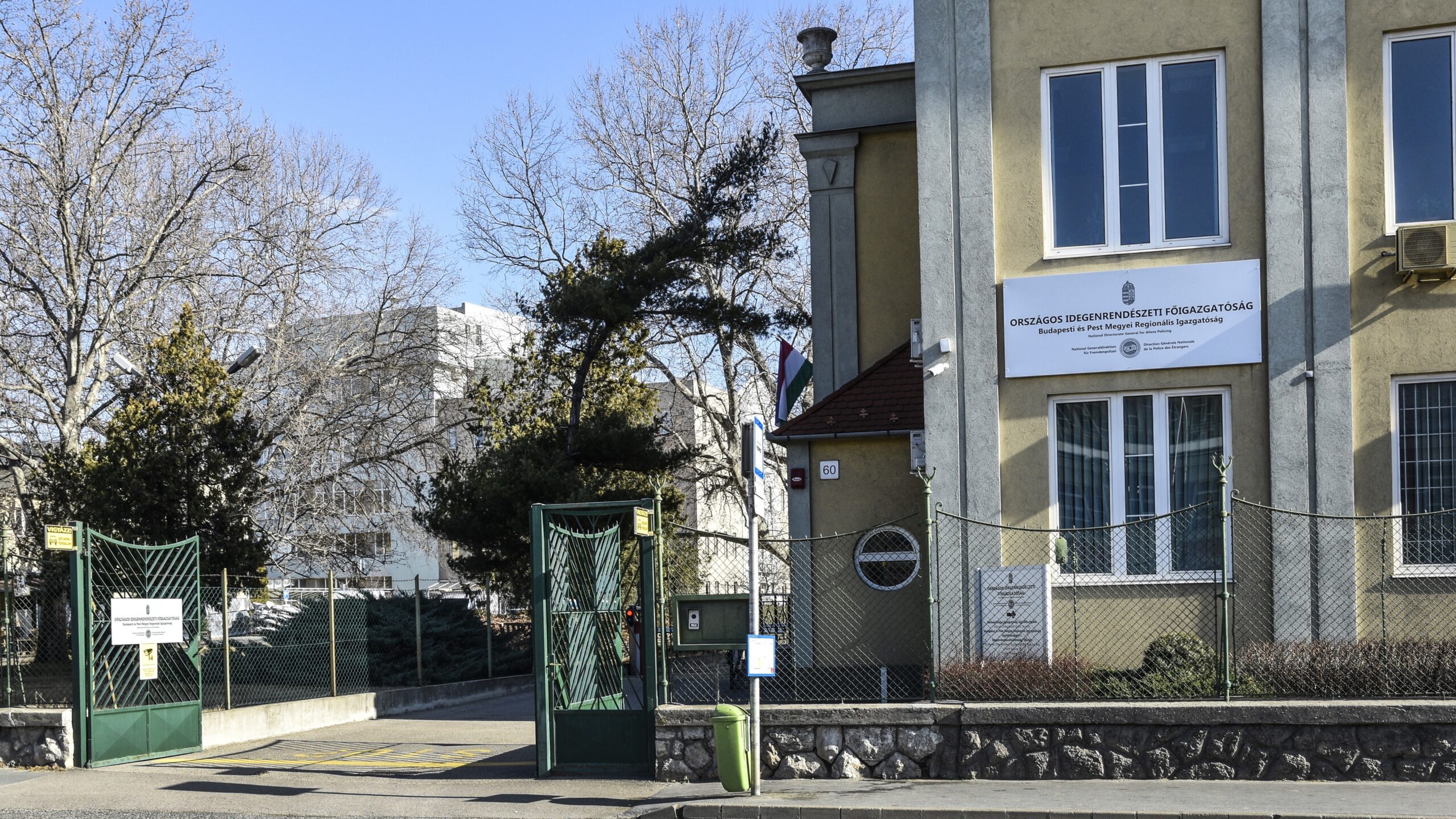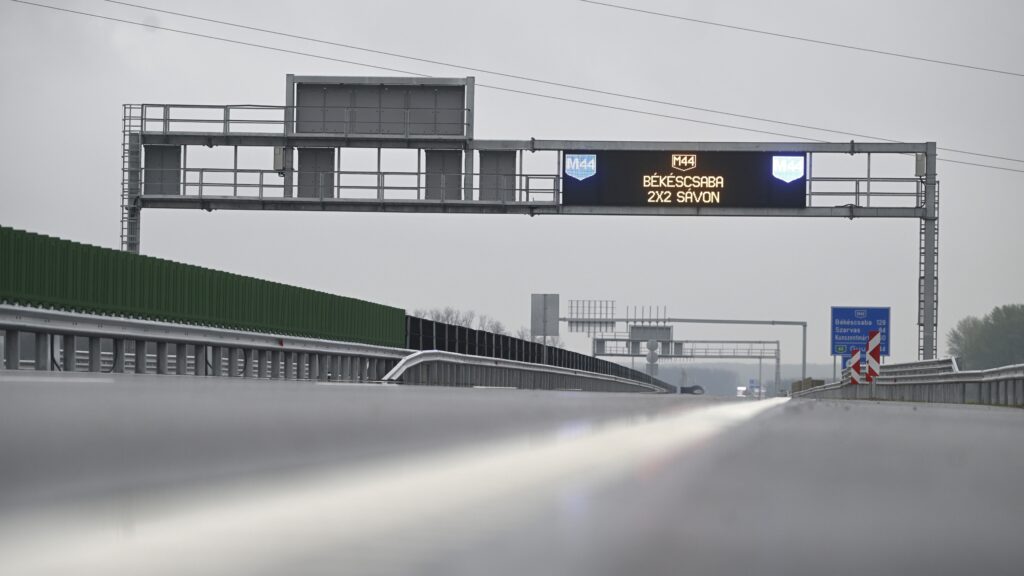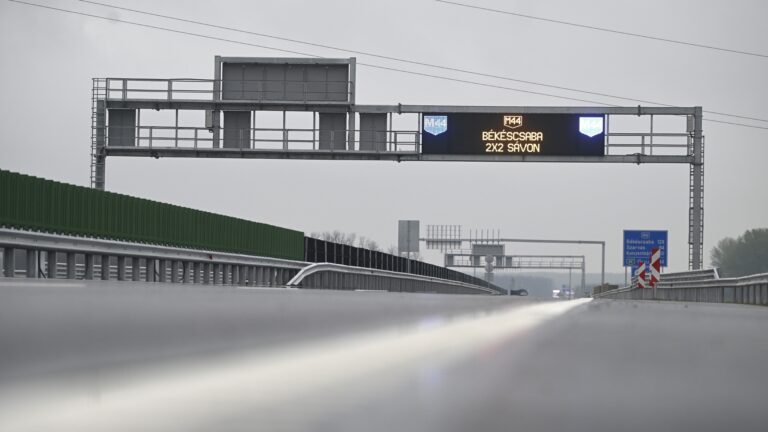This past July Budapest expanded its National Card migration scheme adding Russian and Belarusian citizens to the list of nationals eligible to apply for the special residence permit. Thereby, Hungary apparently simplified visa procedures for Russian and Belarusian citizens.
Reacting to the amendments, some European politicians publicly accused Hungary of undermining Europe’s security with its new visa regime. Among the critics were the Finnish social democrat Tytti Tuppurainen who argued that
Hungary should be excluded from the Schengen Zone for this measure,
and leader of the EPP Manfred Weber who argued that Budapest’s policy poses a risk on the EU’s security. According to Weber, the new scheme enables Russian spies to access the Schengen Zone through Hungary. Furthermore, Weber urged European Council president Charles Michel to discuss and review this issue on the EU leaders’ summit in October.
Contrary to the fearmongering of European politicians, as pointed out by Hungarian international government spokesman Zoltán Kovács, ‘the Hungarian immigration regime is the strictest in the European Union. Guest workers are only allowed entry under a regulated framework, which includes a national security check.’
Zoltan Kovacs on X (formerly Twitter): “🛑 In response to @ManfredWeber’s lies: This action is nothing but another hypocritical attack on Hungary by the pro-war liberal European elite.🇭🇺 Yet again, it is Manfred Weber who is attacking the Hungarian government, all the while his government and its political allies… / X”
🛑 In response to @ManfredWeber’s lies: This action is nothing but another hypocritical attack on Hungary by the pro-war liberal European elite.🇭🇺 Yet again, it is Manfred Weber who is attacking the Hungarian government, all the while his government and its political allies…
The conditions of obtaining residency permits in Hungary became more difficult earlier this year when the country’s redesigned migration system came into force. Before the migration reform nationals from all countries in the world were allowed to receive a D visa (which gives the right to stay in Hungary long-term, i.e., for more than 90 days) to Hungary, under conditions comparable to the ones set out now by the National Card scheme. After the reform, however, the requirements determining eligibility of aliens to do low skilled work in Hungary became significantly stricter. On the one hand it has become more difficult for applicants to obtain Hungarian residency permits, and on the other hand, the benefits provided to residency-permit-holding guest workers have also been curtailed (e.g., their families cannot join and live with them in Hungary). Citizens of eight countries (including Russia), however, are now allowed to apply for the National Card that offers comparable opportunities to stay and work in Hungary to the residency permit that was available to all nationals before December last year.
National Card holders are eligible to enter Hungary for work purposes for a period of two years, which can be renewed for an additional three years. Currently, nationals of the following eight countries are eligible to apply for a National Card: Bosnia-Herzegovina, North Macedonia, Belarus, Moldova, Montenegro, Russia, Serbia and Ukraine, that is,
countries that are non-Schengen but are both geographically and culturally close to Hungary.
Before the amendments this summer only Ukrainians and Serbs were allowed to apply for the National Card, as citizens of countries with a sizeable ethnic Hungarian community. Foreign Minister Péter Szijjártó argued that adding Russia to the list of eligible countries was necessary due to the Paks II project, a nuclear power plant built primarily by a Russian company and with Russian financing. National Card applicants must present an employment agreement or their preliminary agreement with an employer to work in Hungary, and they must also demonstrate that they have sufficient financial means to live and cover their accommodation expenses and their medical insurance in Hungary. Since the Card does not allow anyone into Hungary before they find employment in the country, it is undisputable that it will not lead to an influx of Russians, as unreasonably feared by many in Brussels.
Once someone successfully obtains a National Card, the conditions of staying in Hungary are indeed more favourable than they would have with a guest worker residence permit. However, it is important to stress that during the application process applications for a National Card are not subject to preferential treatment. In short, National Card applicants go under the same scrutiny before being granted their permits as most other applicants, wishing to reside in Hungary for other purposes (e.g., family reunification). In other words, the conditions under which Russian nationals can enter and work in Hungary have not significantly changed with the introduction of the National Card and are comparable to the visa regimes of other European countries which also allow Russians to apply for long-term visas. For instance, in 2023 Germany granted long-term national D visas to some 20,000 Russians. In contrast, according to the Hungarian Central Statistical Office in 2021 a total 5 035 Russian nationals lived in Hungary; by 2024 this number increased to 7 833.
While some European institutions are urging action against Hungary for a decision that might never even lead to a large number of Russians arriving in the EU, Spain, known to have granted a high number of long-term visas to Russians under a highly disputed ‘investor scheme’, has not had to face similar condemning statements. Despite multiple promises over the years to end its disputed scheme Spain still enables Russians to access its so-called ‘golden visa’ scheme. The scheme allows foreign investors to receive Spanish residency in a fast-tracked process. To obtain their residency permits ‘investors’ need to purchase a property in Spain worth at least 500,000 EUR or invest 2 million EUR or more in state bonds. Spain’s scheme also allows for family reunification, therefore, the investors’ children, spouses or unmarried partners as well as ‘relatives in the ascending line in the investor’s care’ are also eligible to obtain visas.
In 2023 alone over 1,000 Russians are known to have received ‘golden visas’ to stay long-term in the South European country.
Up until discontinuing it in early 2024 the Netherlands also had a similar visa scheme.
It is often argued that individuals not only on long-term but also on short-term visas might also pose some security risk to Europe. However, Hungary is not a top issuer of short-term visas to Russians either. In 2022 604,926 Schengen visas were issued to Russian nationals, which is about 88 per cent of the total number of visa applications made by Russian nationals. According to the statistics available on the Schengen Visa Info site, in 2023 459,198 Schengen visas were approved; similarly to the previous year, 88 per cent of Russian nationals’ visa applications were successful. The top visa issuing countries in the Schengen Zone are Italy, Spain and France, all of which received well over 100,000 visa applications from Russian residents in 2023. Spain, for instance, granted 127,775 visas to Russian residents out of 143,517 visa application received. By comparison, in 2023 Hungary received as few as 16,369 applications.








